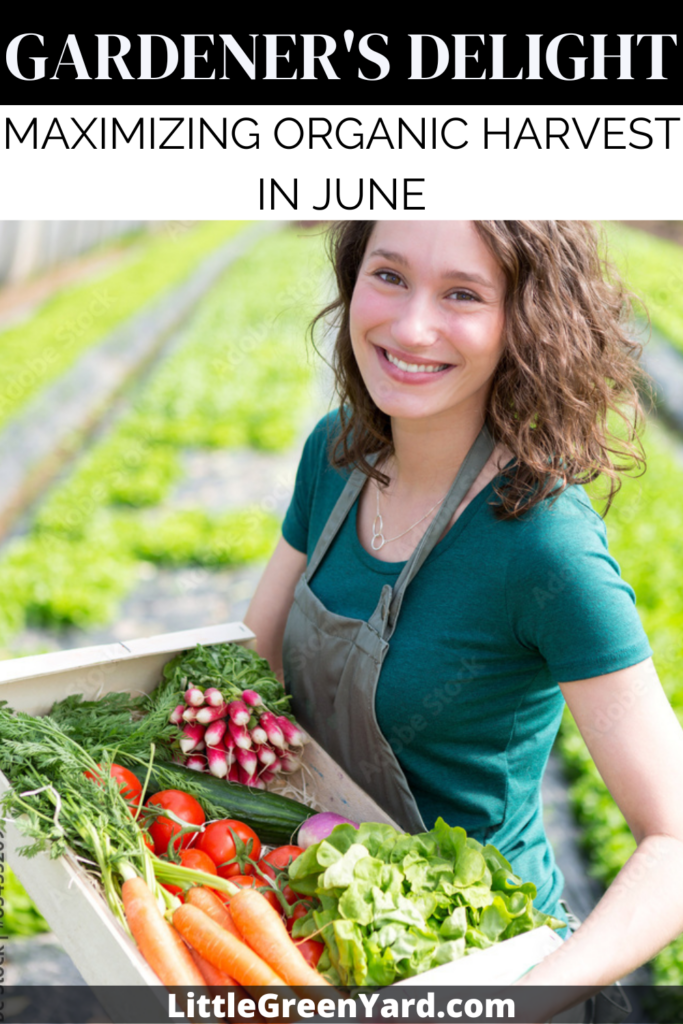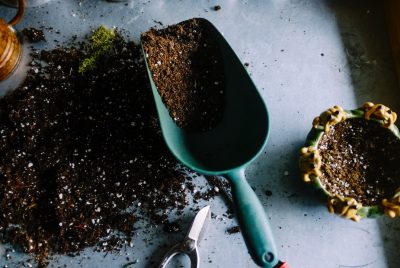Gardener’s Delight: Maximizing Organic Harvests in June
As a passionate gardener, experiencing the delight of nurturing and harvesting organic produce is truly rewarding. In this article, I will explore the concept of “Gardener’s Delight” and provide helpful suggestions on maximizing organic harvests in the month of June. Join me as we delve into the joys and benefits of organic gardening during this bountiful season.
Exploring the Concept of “Gardener’s Delight
Gardener’s Delight refers to the immense satisfaction and joy experienced by gardeners when they witness the fruits of their labor. It encapsulates the sense of accomplishment and fulfillment that comes from growing and harvesting organic produce. The journey from planting seeds to witnessing the flourishing plants and enjoying the flavors of homegrown vegetables is truly delightful.
Benefits of Organic Gardening
Organic gardening offers a myriad of benefits, making it the preferred choice for many gardeners. Firstly, organic gardening promotes environmental sustainability by avoiding the use of synthetic pesticides and fertilizers. It helps protect the soil, water sources, and biodiversity, creating a healthier ecosystem for both plants and animals.
Furthermore, organic produce is free from harmful chemical residues, making it safer and healthier for consumption. By cultivating fruits and vegetables without synthetic chemicals, we can enjoy fresh, nutritious produce with natural flavors and higher nutritional content.
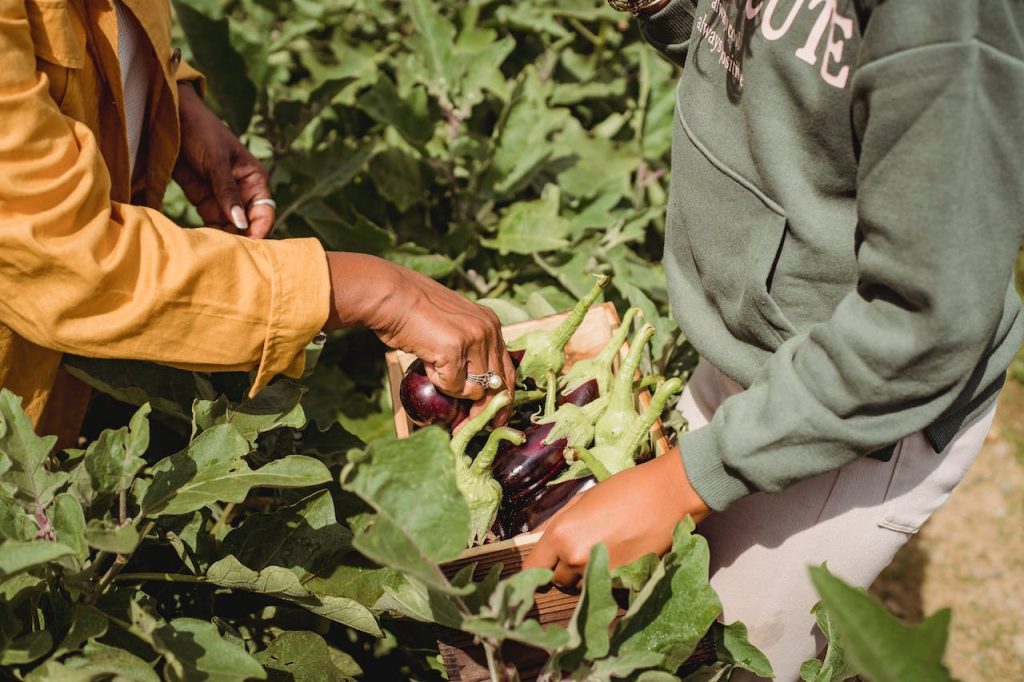
Maximizing Organic Harvests in June
June presents a prime opportunity to maximize organic harvests. With longer daylight hours and warmer temperatures, plants thrive, and their growth accelerates. By following a few essential strategies, you can optimize your garden’s productivity during this vibrant month.
Recommended Crops for June Harvests
In June, several crops thrive in the organic garden. Here are some recommended crops for a bountiful harvest:
- Juicy Tomatoes: Indulge in the sweetness of ripe, homegrown tomatoes. Choose from a variety of heirloom and hybrid cultivars that flourish in June.
- Crisp Cucumbers: Savor the refreshing crunch of homegrown cucumbers. Plant bush or vining varieties, and provide them with adequate support and moisture.
- Flavorful Herbs: Enhance your culinary creations with aromatic herbs like basil, mint, and cilantro. These herbs thrive in the warm June weather and add a burst of freshness to your dishes.
- Vibrant Peppers: Cultivate a colorful array of peppers, including bell peppers, chili peppers, and sweet banana peppers. These heat-loving plants thrive in June’s warmth.
- Nutrient-rich Leafy Greens: Enjoy a continuous supply of nutrient-rich greens like spinach, lettuce, and kale. Plant them in partial shade to protect them from scorching summer heat.
Create Your Own Gardener’s Delight: Follow these Tips for Successful Harvest
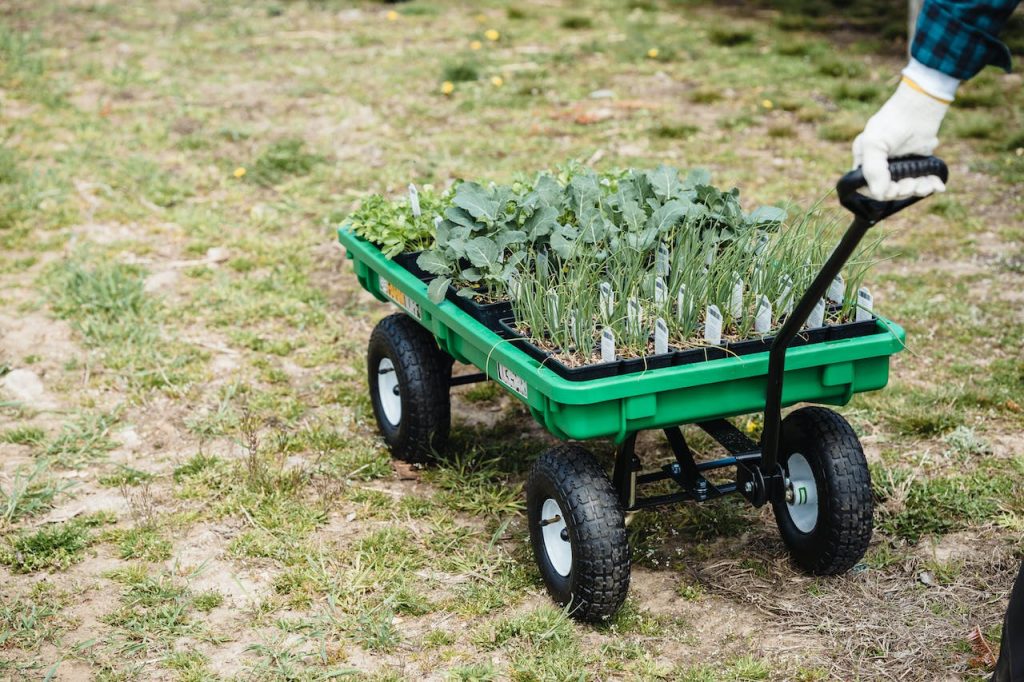
To ensure successful organic gardening and abundant harvests, consider the following tips:
1. Importance of Soil Health
Healthy soil forms the foundation of a thriving organic garden. Enrich your soil with compost, well-rotted manure, and organic matter to improve its structure, fertility, and water-holding capacity.
2. Proper Watering Techniques
Water your plants deeply and consistently, ensuring that the soil remains moist but not waterlogged. Use mulch to retain moisture, reduce evaporation, and suppress weeds.
3. Pest and Disease Management
Prevent and manage pests and diseases organically by using natural pest control methods. Employ techniques such as handpicking pests, using insecticidal soaps, and attracting beneficial insects to maintain a balanced ecosystem in your garden.
4. Companion Planting
Take advantage of companion planting to maximize plant health and yield. Pair compatible plants to repel pests, attract beneficial insects, and enhance pollination.
5. Enhancing Biodiversity in the Garden
Encourage biodiversity by planting a diverse range of flowers, herbs, and vegetables. This attracts pollinators, beneficial insects, and birds, which contribute to natural pest control and promote a healthy garden ecosystem.

Sustainable Garden Practices
In addition to the tips mentioned above, incorporating sustainable practices into your organic gardening routine contributes to a greener and more environmentally friendly approach. Consider the following practices:
- Collect rainwater for irrigation to reduce water waste.
- Practice responsible waste management by composting kitchen scraps and garden waste.
- Rotate crops each season to prevent the buildup of pests and diseases.
- Use organic mulch to suppress weeds and improve soil moisture retention.
- Encourage natural predators by providing habitats such as birdhouses and insect hotels.
Conclusion
In conclusion, embracing organic gardening and experiencing the delight of nurturing your own organic harvests is a fulfilling and rewarding endeavor. By following organic practices, maximizing June’s favorable conditions, and implementing sustainable gardening techniques, you can create a thriving garden that yields a bountiful and delicious organic harvest.
Remember, gardening is not just about the end result but also about the journey itself. Enjoy the process, connect with nature, and savor the satisfaction of growing your own organic food. Let the delights of organic gardening fill your senses and enrich your life.
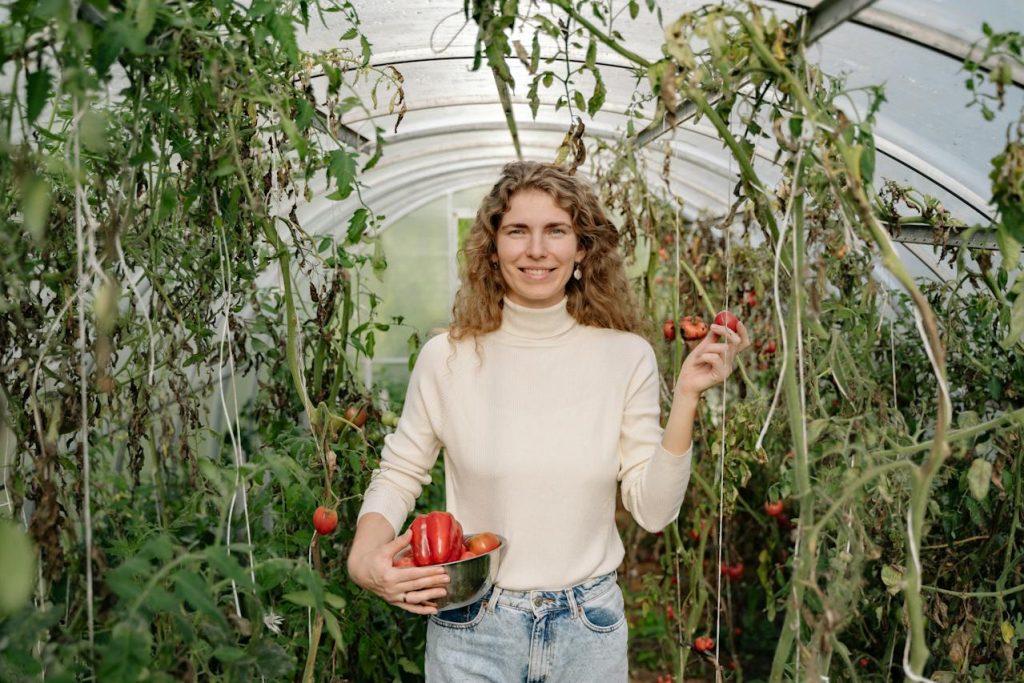
FAQs
- Can I practice organic gardening in a small space?
Absolutely! Organic gardening can be practiced in small spaces such as balconies, patios, or even windowsills. Utilize containers, vertical gardening techniques, and compact varieties of plants to maximize space. - How often should I water my organic garden in June?
The frequency of watering depends on various factors like plant type, soil type, and weather conditions. In general, aim to keep the soil consistently moist, but not waterlogged. Water deeply once or twice a week, adjusting based on the specific needs of your plants. - What are some natural methods for controlling garden pests?
Natural pest control methods include handpicking pests, using insecticidal soaps or oils, attracting beneficial insects like ladybugs and lacewings, and practicing companion planting. You can also try organic pest repellents like neem oil or garlic spray. - Is companion planting suitable for all types of crops?
Companion planting is beneficial for a wide range of crops. However, it’s important to consider the compatibility of plants and their specific requirements. Some plants have beneficial effects when grown together, while others may compete for resources. Research and plan accordingly. - How can I create a sustainable garden environment?
To create a sustainable garden environment, focus on conserving resources, reducing waste, and promoting biodiversity. Use organic practices, recycle materials, conserve water, attract beneficial insects, and create habitats for wildlife. Embrace sustainable gardening as a holistic approach to harmonize with nature.
Remember, gardening is a personal journey, and there’s always more to learn and explore. Enjoy the process, adapt to your unique garden conditions, and let the delights of organic gardening unfold in your own backyard. Share your gardener’s delight with us! Happy gardening!
